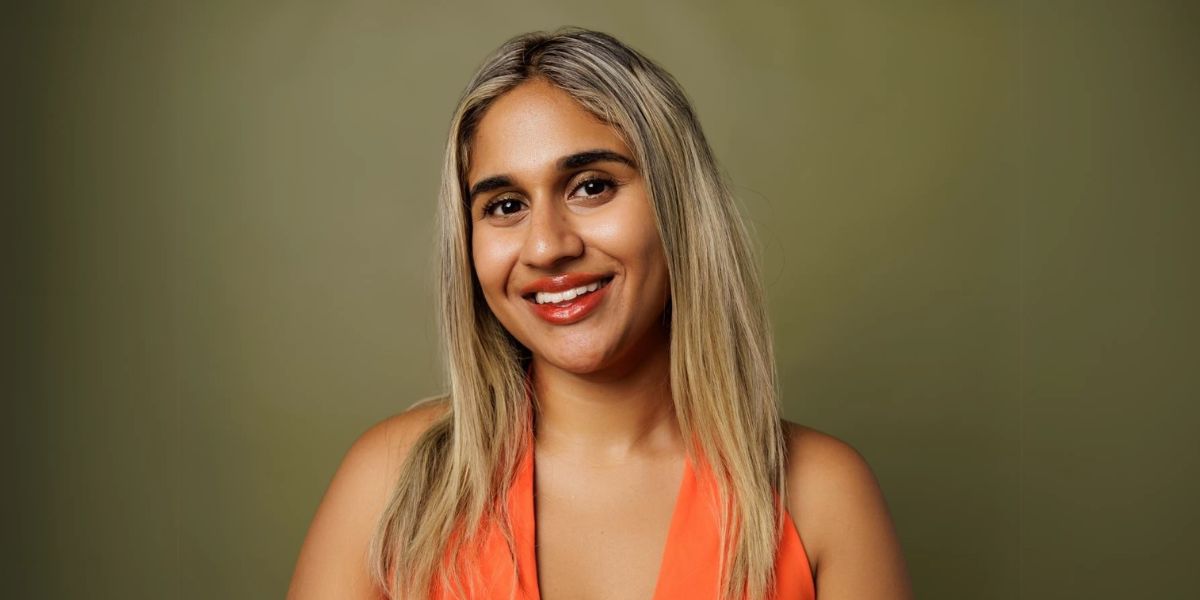By: Maria Williams
Understanding the Rise of Human Isolation
Since the COVID-19 pandemic, many have felt more alone. Lockdowns and distancing left over 60% of adults reporting increased loneliness, according to the National Academy of Sciences. This shift affects mental health and attachment styles, making it harder to form and maintain healthy relationships.
Licensed mental health therapist Nikita Fernandes tackles these challenges by blending Eastern philosophies with Western therapeutic techniques. “When we became physically distanced, many lost touch not just with friends and family but also with themselves,” she says. This disconnect often breeds negative inner dialogue and emotional distress.
Fernandes emphasizes that cultural backgrounds influence how people respond to isolation. “For some cultures, community is foundational. The sudden shift to solitude can be devastating,” she notes. Her approach centers on resilience, self-compassion, and reconnection—with oneself and with others.
The Role of Technology in Modern Relationships
Technology has reshaped how people connect. While dating apps, social media, and virtual therapy promise convenience, Fernandes warns they often create shallow connections. “Technology promises connectivity but can leave people feeling unfulfilled,” she says.
Studies back this up. Research from the Journal of Social and Personal Relationships shows dating app users often feel more anxious about self-worth. Fernandes attributes this to the constant comparisons encouraged by curated online personas. “The images we see don’t reflect the full truth,” she explains. She encourages clients to be mindful of their digital habits to build healthier relationships, both online and off.
Empowering Through Multicultural Perspectives
Fernandes’ multicultural background informs her work. Born in India and later moving to the U.S., she knows firsthand the challenges of navigating identity without the safety net of family. “My experience helps me connect with clients who feel caught between cultures,” she says.
She believes that understanding cultural influences is key to emotional well-being. “Each person’s self-concept is shaped by their cultural story. Acknowledging this gives us tools to heal and grow,” she explains. For immigrants or those raised in multicultural homes, this can ease the stress of identity confusion.
Learning to Connect Again
Reconnection is central to Fernandes’ work. She urges people to take small steps: practice mindfulness, engage in their communities, and talk openly about emotions. “It’s okay to ask for help,” she reminds clients.
Looking ahead, Fernandes plans to write a book exploring human attachment through a cultural lens. She hopes it will serve as a practical and relatable resource. “Compassion—for others and for ourselves—has the power to heal,” she says.
She also sees herself teaching and speaking publicly, sharing her insights on how culture and connection shape mental health. Her goal: to bridge the gap in understanding attachments across diverse experiences.
Strategies for Nurturing Healthy Attachments
Clients often arrive in therapy feeling disconnected. Fernandes uses techniques like active listening to rebuild communication. “Being fully present creates space for meaningful interaction,” she explains.
She also teaches boundary-setting. “Many confuse love with unconditional tolerance,” she says. Learning to set clear boundaries fosters self-respect and healthier relationships.
Another key tool is self-reflection. Through journaling and mindfulness, clients can better understand their emotional patterns. “Self-reflection brings clarity,” she adds. This awareness helps clients engage more authentically with themselves and others.
Building Community in Therapy
Fernandes sees healing as a collective effort. She’s passionate about expanding her work into group therapy, especially with diverse populations. “When we share stories, we realize we’re not alone,” she says.
She also plans to lead workshops that encourage open dialogue around mental health, aiming to dismantle cultural stigma and make support more accessible. “These workshops are about empowerment. Everyone deserves mental health resources,” she says.
The Road Ahead
Fernandes is carving out a space in mental health that honors both individuality and cultural complexity. In a world still grappling with the aftershocks of isolation and disconnection, her approach feels timely and necessary. She offers not just therapy but a roadmap for healing—through compassion, cultural understanding, and meaningful connection.
Published by Stephanie M.
















